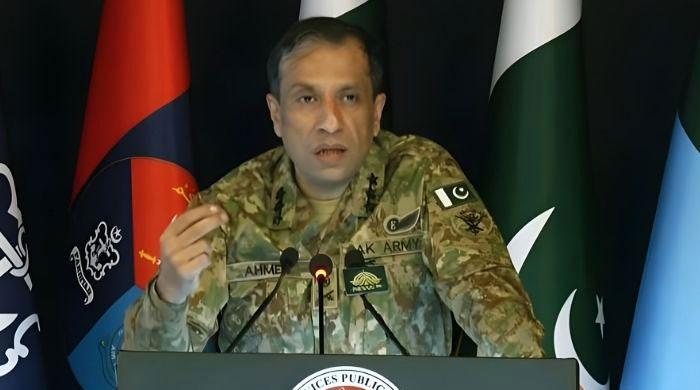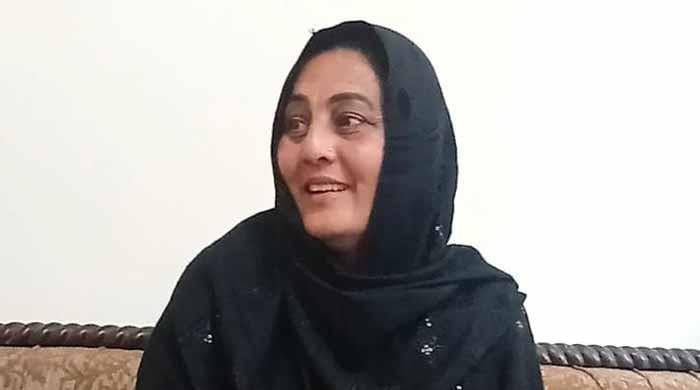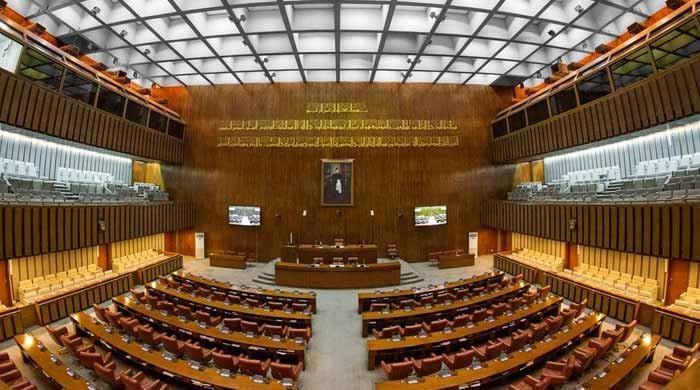India threatens Pakistan with ‘water terrorism’
Indian PM Modi says “water and blood can’t flow at the same time”
September 26, 2016
NEW DELHI: Indian Prime Minister Narendra Modi met with officials on Monday to review provisions of the Indus Water Treaty with Pakistan.
According to Indian media, New Delhi ruled out cancelling the Indus Water Treaty with Pakistan but is looking for ways of increasing its use of waters that flow from India but are controlled by Pakistan.
During the meeting Modi was quoted as saying “water and blood can’t flow at the same time”.
India media quoted official sources as saying the meeting decided to suspend further water talks and increase the utilisation of rivers flowing through Occupied Kashmir to maximise India’s share.
The meeting was attended by Foreign Secretary Subrahmanyam Jaishankar, National Security Advisor Ajit Doval, Principal Secretary Nripendra Misra and other officials.
The decision to review the treaty with Pakistan comes following the Uri attack in Occupied Kashmir in which 18 Indian soldiers killed.
Pakistan bound to use force, says former Indus Water Commissioner
Former Indus Water Commissioner Jamat Ali Shah on Monday slammed India for threatening to block the flow of water into Pakistan's Indus River.
"What should we believe of what the Indian PM says: ending poverty or blocking flow of water into Pakistan," he said. "This is open economic terrorism."
The former commissioner expressed fears that if the Indus Water Treaty ended then neighboring arch-rival may build up dams on Jhelum and Chenab rivers.
Watch: Former Indus Water Commissioner’s Interview
Indian cannot unilaterally change treaty
Chairman Indus River System Authority (IRSA) Rao Irshad Ali Khan said India could not unilaterally change the treaty let alone declare it illegal. He said there was a mechanism within the treaty for dispute resolution. According to this if there is a dispute, both parties first need to hold commissioner level talks and if those don’t work talks should be held on the government level.
Mr. Khan further said in case of government level talks failing, a neutral expert on technical matters is consulted or the international court of arbitration is approached. He added that the treaty’s guarantor was the World Bank.
Watch: IRSA Chairman’s Interview
What is the Indus Water treaty?
The Indus Water Treaty allows the flow of rivers into Pakistan from across the border India. The treaty between Pakistan and India was mediated in 1960 by the World Bank. It is considered a great success story for water diplomacy and in the past has survived conflicts between the two countries.
Under the treaty the use of rivers and canals between the two countries was divided. Pakistan was given control of the Indus, Chenab and Jhelum while Indian controls Baes, Ravi and Sutlej. The treaty also guaranteed ten years of uninterrupted water supply, during this period Pakistan was to build damns. Pakistan successfully built Warsak, Mangla and Tarbela dams.
In the past, disagreements between the two countries have been settled within the legal framework provided within the treaty.
China can respond to India blocking water
China can block River Indus and River Brahmaputra as they both originate from there. Beijing is not under any obligation to let rivers flow as the country has not signed an international water sharing agreement.
If China came in Pakistan's support, and diverted the flow of River Indus, India could lose 36 percent of river water. Additionally, China also has the option of stopping the flow of Brahmaputra river into India. The Brahmaputra feeds millions in India and Bangladesh. China is building 11 mega dams on it and is in a position to hurt India's interests.
Blocking flow of Indus would also cause floods in Occupied Kashmir and Punjab in India.
Violating an international treaty backed by the World Bank, would invite condemnation from across globe putting India under immense pressure amid violence in Occupied Kashmir.









